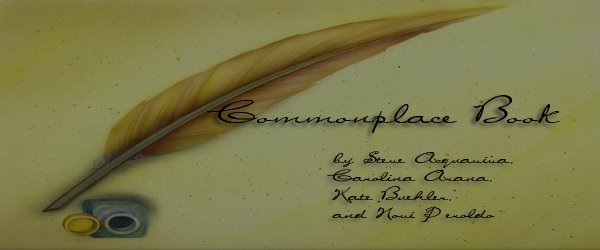"Since confession might well lead her to the hangman’s noose, she steadfastly denied that she had been with child – despite the considerable evidence (requests for abortifacient roots, telltale spots of blood and milk, the dead body of a baby) and the willingness of her compatriots to testify against her. Sambo’s testimony was assembled into a coherent narrative by the English justices, but her depisition still bears traces of the original questions and answers of her interview. She comes across as a diligent, responsible matron, questioning Pharaoh’s “burley” shape, examining the places where she had lain or sat, and questioning Pharaoh as to “the reason of it.” Similarly, Indian Hannah seems well aware of the colonial laws governing midwifery – either she or her examiner made it clear that she refused to obtain certain roots for Pharaoh, knowing full well that they might cause her to run afoul of the colonial authorities, for whom infaniticide was a capital offense. (92)"
Bross, Kristina and Wyss, Hilary E. Early Native Literacies in New England: A Documentary and Critical Anthology. University of Massachusetts press, 2008.
Thursday, March 5, 2009
Subscribe to:
Post Comments (Atom)

No comments:
Post a Comment